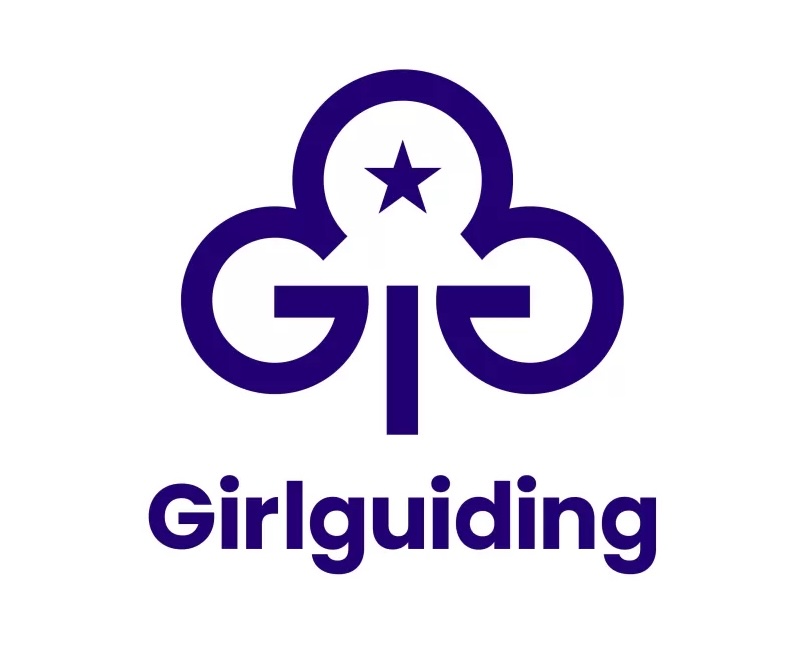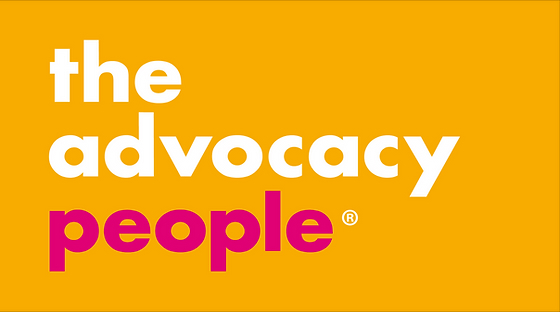Blog & insight
The Superpower of Storytelling in Volunteering Leadership
Over the past few weeks, I’ve found myself in several meaningful conversations—with clients, peers, and colleagues—about something that keeps coming up in volunteer leadership: the power of storytelling. With Volunteers’ Week just around the corner, it feels more relevant than ever. In the world of volunteering, storytelling is everywhere. It plays a vital role in recruitment, in impact reporting, and in celebrating the incredible work volunteers do every day. But beyond its obvious uses, storytelling does something deeper—it creates connection. When it’s done well, storytelling is not just about facts or numbers. It’s about people. It’s about sharing experiences in ways that move hearts, build trust, and inspire action. That’s why I believe storytelling isn’t just a “nice to have”
Influencing: How To Be Heard
Influencing is an art that professionals at all levels must master, especially when trying to secure resources, launch new initiatives, or drive change. When you don’t have a seat at the senior leadership table, it can feel like your voice gets lost in the noise. However, with the right strategies, you can ensure your ideas are heard, gain support, and drive meaningful impact. Here’s how: 1. Build Credibility and Expertise People listen to those they trust and respect. In my roles, I’ve always tried to consistently demonstrate my knowledge, expertise, and commitment, aiming to become the go-to person for insights on volunteering. I found that well-researched data, providing solutions, and becoming a reliable source of information helped me develop my
Navigating Tricky Situations with Volunteers
Working with volunteers is incredibly rewarding, but it also comes with its fair share of tricky situations. Volunteers are driven by passion, a sense of duty, or personal fulfilment rather than financial incentive. This means that supporting requires a unique set of skills, including patience, diplomacy, and adaptability. Over the years, I’ve encountered challenges ranging from personality clashes to reliability issues, and I’ve learned a few essential skills that have helped me navigate these tricky situations successfully. Empathy and Active Listening One of the most valuable skills in dealing with volunteers is the ability to listen actively and with empathy. Volunteers often come from diverse backgrounds and bring with them different motivations and expectations. When conflicts or misunderstandings arise, taking
The Art of Recruitment and How it’s Evolved
When I first stepped into the world of volunteer management over 30 years ago, recruitment looked very different from what we see today. My role at the time was to recruit volunteer drivers who could take elderly people to day centres and to find people willing to cook and serve lunches. Everything was done on paper—there were no police checks, as CRB (Criminal Records Bureau) checks weren’t introduced in the UK until 2002 and later evolved into DBS (Disclosure and Barring Service) in 2012. It’s amazing to see just how far we’ve come since then. Volunteer management has become far more professional, with structured processes designed to meet modern expectations. And while it’s important to honour the journey we’ve been


Founder
Clients Include





